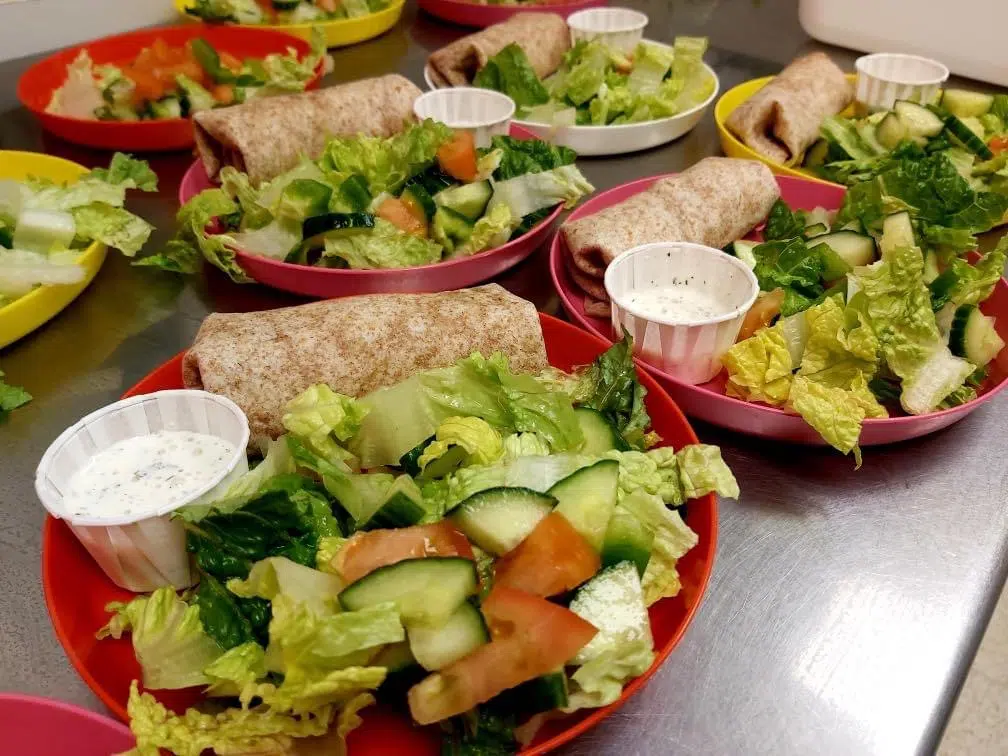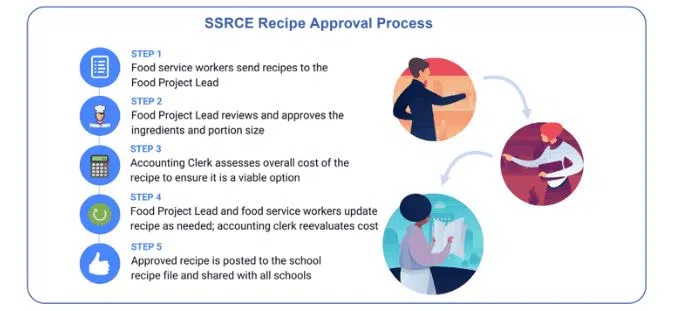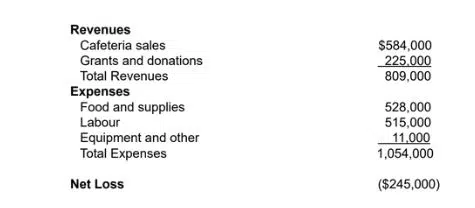
The SSRCE was recently recognized as the best school food program in the province in a report from the Attorney General. Photo: SSRCE.
A report released this week from Nova Scotia’s Attorney General looking at food programs in schools across the province claims the South Shore Regional Centre for Education’s program is one that should be implemented across the province.
A survey of 26 schools across the province found only 40 percent complied with the food and nutrition policy set by the Department of Education.
SSRCE Finance Director Tiffany Jodrey says that they began developing their food plan seven years ago when a new national nutritional guide was released and she says the team responsible for it’s implementation was pleased to see their hard work be recognized in this report.
“A lot of hard work has gone into developing the program we have today, we now have over 200 recipes that we’ve reviewed and costed but each school also has the ability to tailor things to work for their students and what they like,” Jodrey said.
The SSRCE program has two staff who are dedicated to overseeing food services in all 23 schools in the region. In 2018, the SSRCE obtained a grant to run a pilot project to put salad bars into several schools. An individual was hired to run this project and this position then transitioned to a 60% role to oversee the entire food program for the region. The person currently in this position has a degree in nutrition, and there is also an accounting clerk in a full-time position dedicated to the food program who is responsible for costing recipes and tracking food-related expenses at the school and RCE level. The SSRCE indicated that for the 2022/23 school year, they plan on having both of these positions upgraded to full-time. Because of these two positions, the RCE has been able to create a significant number of processes to support the application and compliance with the Food and Nutrition Policy. All schools but one that were visited in SSRCE were in compliance with the policy.

The recipe approval process for the SSRCE food program. Photo: Office of the Auditor General, Nova Scotia
The SSRCE now has permanent salad bars and schools are required to use them at least twice per week. The report indicated that they are popular with the students.
The SSRCE also now conducts regular school visits to ensure schools are using approved recipes and following policy requirements. These audits verify the use of approved recipes, look at ensuring there is no food on hand that does not comply with the policy, and examine the operation and the finances of the cafeteria. However, the audit function was temporarily on hold due to the pandemic.
Jodrey says that when possible the new program aims to use local ingredients as much as possible. She says the South Shore is blessed in that regard as it’s home to many local food producers which makes obtaining cheap nutritious food easier.
Despite other regions of the province perhaps not having as bountiful local food supplies as the South Shore Jodrey still believes the program can work elsewhere. “Certainly I think this could work in other places, the Annapolis Valley for sure as they probably have better food resources than us and even in places like HRM or Cape Breton it can work if you put the work in,”.
In 2020-21, 37 per cent of SSRCE students consumed breakfast at their school and 14 per cent consumed lunch from the cafeteria. The program ultimately operated at a loss of $245,000. Jodrey believes this to be reasonable considering they are providing healthy food options to youth, however she accepts that the decision of whether or not those losses are acceptable lies with the government.

A breakdown of the finnances of the SSRCE food program. Photo: Unaudited internal costing information provided by SSRCE
The Department of Education and Early Childhood Education did not respond to our request for an interview at the time of publishing.





Comments